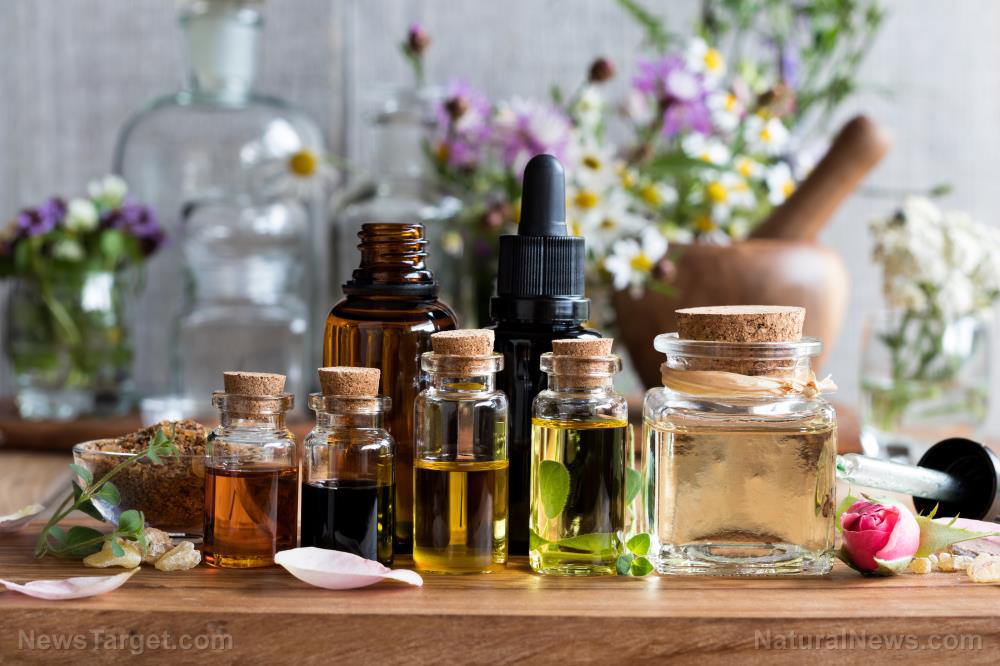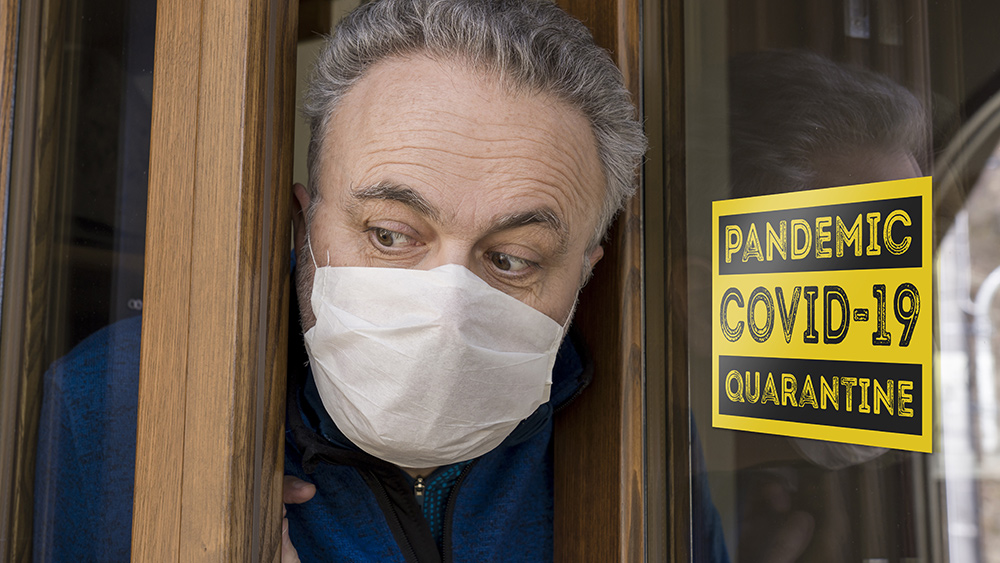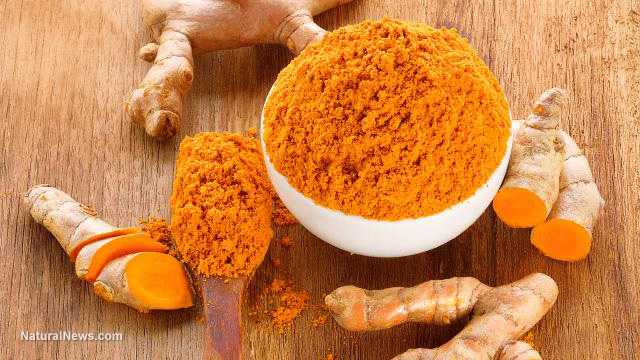What are the clinical applications of essential oils?
08/06/2020 / By Evangelyn Rodriguez

More and more people are starting to use of essential oils in the United States, but the attitudes, experience and beliefs of clinicians toward aromatherapy have not yet been studied.
To address this, researchers at the University of Iowa Carver College of Medicine and the Mayo Clinic College of Medicine in Minnesota conducted a survey to determine how clinicians viewed the use of integrative approaches, particularly aromatherapy, in clinical practice.
Using an audience response system to obtain baseline information, they asked a total of 105 clinicians who attended the Mayo Clinic Updates in Integrative Medicine and Health. The researchers selected only clinicians with an interest in integrative medicine since they would be the most familiar with aromatherapy and can, therefore, offer an informed opinion about its use.
As part of data analysis, the researchers took note of response frequencies for each survey question and assessed non-parametric correlations by comparing agree and disagree statements with the statement “In the last 12 months, I have used essential oils for myself and/or my family.”
The researchers found that the majority of the attendees (92.6 percent) personally used integrative medicine approaches besides aromatherapy. A larger number (96.8 percent) also recommended these approaches to their patients.
More than half (61 percent) of the surveyed clinicians personally used essential oils, but even more (74 percent) expressed a desire to give essential oil recommendations or therapies to their patients.
However, only 21.9 percent felt confident that they can advise their patients adequately regarding the safe use of essential oils. Statistical analysis showed that personal use of essential oils was highly correlated with clinician confidence in doling out advice about essential oils.
Based on the results of their survey, the researchers concluded that clinicians in the U.S. who are interested in integrative medicine wish to provide aromatherapy recommendations but do not because of a lack of confidence in their knowledge of the safe use of essential oils.
The clinical applications of essential oils
Aromatherapy, or the use of plant essential oils, has been around since ancient times. Despite this, very little research has been done on the applications of essential oils in modern medicine. Today, it is uncommon for clinicians to receive any formal training on — or even show an interest in — the use of essential oils, let alone learn about essential oil safety. Aromatherapy is also not an option offered by most healthcare providers; more often than not, essential oil users learn how to use these natural medicines on their own or with the help of complementary and alternative medicine practitioners.
But some institutions in the U.S. recognize the benefits and clinical utility of essential oils. For instance, hospitals affiliated with the University of Wisconsin offer aromatherapy to patients to ease their hospital stay. According to UWHealth, patients are given a choice between peppermint, ginger, red mandarin, lavender and rose essential oils for the following purposes:
- Relieve nausea and vomiting after surgery
- Decrease pain
- Improve sleep quality
- Promote well-being
Trained nurses administer aromatherapy by inhalation either by placing one to three drops of the patient’s preferred essential oil on a cotton ball, putting it in a cup and asking the patient to breathe deeply for five to 10 minutes or by placing a drop of the chosen essential oil on each of the top corners of a patient’s bedsheet.
Similarly, The Ohio State University Wexner Medical Center acknowledges the usefulness of essential oils in improving a patient’s physical and psychological well-being. According to Michele Mack, a licensed massage therapist at Ohio State Integrative Medicine, most people use essential oils for cosmetic purposes or to treat pain. But she believes that they also help with other issues, such as sleeplessness, nausea, anxiety and allergies.
Here are some of the most common essential oils and their uses shared by Mack:
- Bergamot — for skin healing and reducing anxiety
- Chamomile — for cold, fevers and nausea
- Clove — for relieving pain
- Eucalyptus — for relieving pain; a decongestant
- Frankincense — for reducing stress and improving mood
- Lavender — for inducing sleep
- Oregano — for skin healing
- Peppermint — for boosting energy and preventing cold and flu
- Rosemary — for join pain and boosting skin and hair health
Mack says that essential oils are generally safe to use, so long as application is limited to topical use. Ingesting essential oils for therapeutic purposes should only be done under the direct supervision of a natural health practitioner or a certified aromatherapist. When using essential oils on your skin, don’t forget to dilute them first with a carrier oil, such as olive oil or virgin coconut oil, since they are highly concentrated. Mack also says that aromatherapy is individualized and affects people differently, so consult with your natural healthcare provider to find out the best essential oils for you.
Sources include:
BMCComplementMedTherapies.BiomedCentral.com
UWHealth.org [PDF]
Tagged Under: alternative medicine, anxiety relief, aromatherapy, clinical practice, Cosmetics, essential oils, healthcare, integrative medicine, mental health, natural cures, natural medicine, Naturopathy, pain relief, remedies, research, stress relief


















